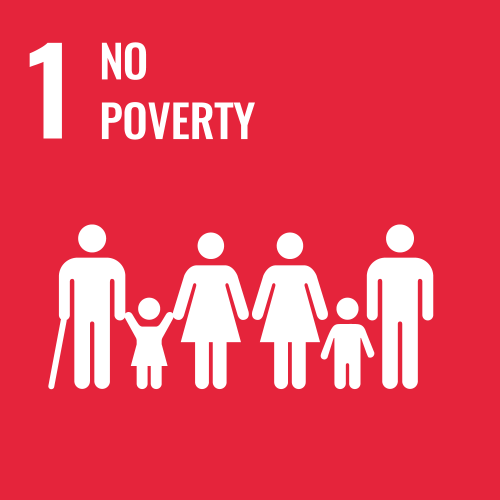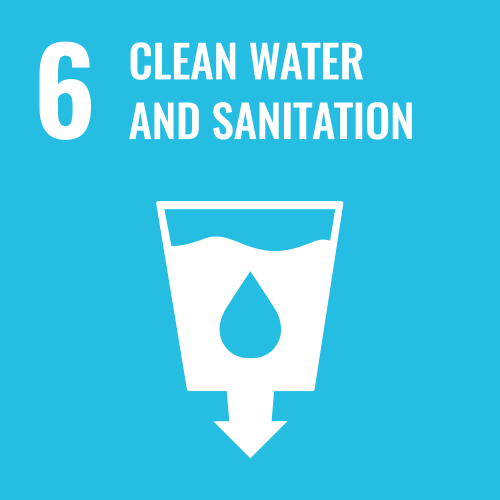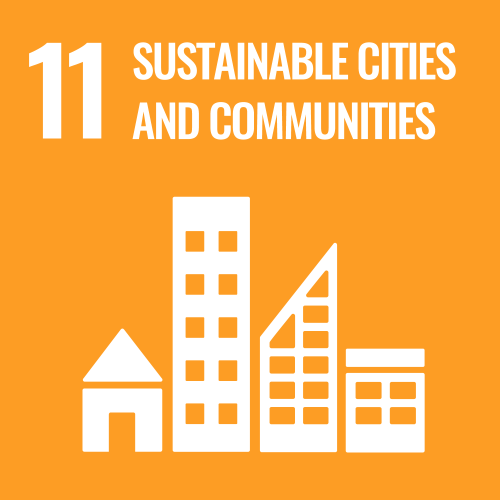
02/12/2020
European cooperation, through EUROsociAL+, supports the recovery, social reconstruction and resilience of the SICA countries
According to CEPAL estimates, the crisis caused by COVID-19 will result in an average reduction of 7.3% in GDP and an average increase of 4.3% in the population living in poverty in the member countries of the Central American Integration System (SICA).
Faced with this scenario, and aiming to meet the 17 Sustainable Development Goals of the 2030 Agenda, the SICA countries have opted to promote a Recovery, Social Reconstruction and Resilience Plan. It is an instrument aimed at articulating and coordinating actions from the public sector to mitigate the effects of the pandemic and set up more resilient, socially just and environmentally more sustainable societies, addressing social, labour and human settlement problems.
The democratic governance area of the European cooperation programme EUROsociAL+, which is managed by FIIAPP, coordinates the part of the plan focused on responding to informal settlements and achieving sustainable urban development. According to its manager, Sonia González, the urban challenges in the region are diverse, “but the spread of the COVID-19 crisis has highlighted the fact that those who live in informal settlements are particularly susceptible to the risks, particularly women, given the overcrowding and the lack of basic services such as water and sanitation”.
In this context, and in collaboration with UN HABITAT and the DEMUCA Foundation, different bilateral meetings have been held with the main organisations in each of the countries in the region with responsibilities in the area of housing and land use planning for which three strategic lines of action have been defined: strengthening the municipal authorities in charge of land use planning to improve the provision of basic services; mapping informal settlements to prioritise territorial policies; and, finally, promoting improvements to precarious settlements with a focus on neighbourhoods as an enriching element in the urban environment and with a gender perspective.
The first proposals for strategic projects related to these three aspects will be validated by the three regional political platforms that support the Plan: the Council for Social Integration, the Council of Labour Ministers and the Central American Council for Housing and Human Settlements. The final version of the plan will be presented at the next summit of SICA heads of state and government, scheduled for December.








